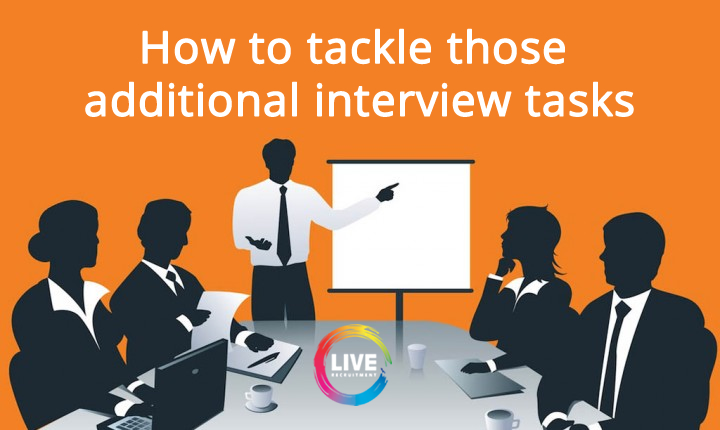It's all too easy to compose a covering letter and submit it together with your CV for a job that has caught your eye. Perhaps you don't really expect to hear back from them, but if you do, then you might just find yourself wondering just how you tackle all those additional tasks related to an interview. Unfortunately, in today's highly competitive job market, if you don't prepare well for an interview, then there is a good chance that you will be outshone by other potential candidates. While it is true that qualifications are relevant, employers are looking for that little something extra so that they can find exactly the right candidate for their company.
Prepare thoroughly
You have managed to get over the first hurdle of being offered an interview, so now you need to prepare for that interview to show you are the right candidate for the role. Read up on the position that you are being interviewed for, make sure you understand exactly what it entails. Do some research about the company as well, make sure you understand what they are all about. It's a good idea to check a couple of sources if you can as this will help you get a better picture; a company's website and social media platforms may paint different pictures – so check both.
Don't forget there are a couple of other things you should do in preparation for your interview. The first is work out how you are getting there. If you are relying on public transport, then check the timetable carefully, if you are driving then make sure you know the route and how long it will take, and don't forget to find out where you will be able to park. Think about what you plan to wear to the interview. If you haven't worn it for a while check if it fits and if it needs a dry clean. Leave yourself enough time to sort this out because feeling good about how you dress for the interview is a great way to help boost your confidence, especially in the face of those interview nerves.
Time off
Searching for a job when you’re already employed can be tricky. Interviews can often be scheduled at short notice, so the big question is how can you go to your interview without alerting your boss to the fact that you are looking to change your employment. Speak to the company you are interviewing with and see if they can offer you an early morning or late afternoon interview that allows you to cut down on the time you are away from your current job. They may even be able to offer you an interview out of office hours.
Do not make up elaborate lies when it comes to asking your current boss of time off. These can often trip you up in the long run. If you ring in sick, then there is a chance this could come back to cause you problems later on down the line so don't do it.
If you have the option to work flex-time, then plan your work carefully around your interview, or take a day off. If you can't do either of these, then it is best to be non-specific and use the words "appointment" or "commitment". There is a good chance if you arrive at the office in smart clothes that are not the norm then people will guess that you are going to an interview.
Group Interviews
Love them or hate them, a group interview can tell a potential employer a lot about you, and how you work around other people, it can also tell them something about the other people in the group as well.
Speak clearly when asked a question and make sure that you understand what is being asked of you. Make sure you arrive early, sit up straight, and think about your body language during the interview; be professional, you might not like something another candidate is saying but how you react says a lot about you. Group interviews are often a test of leadership qualities so remember to be inclusive of the other interviewees.
Practical Assessment
Some companies like to give their interviewees a practical assessment to complete during the interview process. They want to make sure that the skills you say you have on paper match up to the skills you have in person.
They also want to see how you work under pressure, so try to relax, read any instructions you have been given and then think about the task ahead. Make sure that you use the time you have been given wisely; if there is a time limit then don't rush to complete it with lots of time to spare because this is where you could end up making the mistake that costs you the job.
If you have a little time left at the end, then check over your work, in case you have missed anything obvious. Don't be nervous; everyone else will be in the same situation, so let your skills and qualifications speak for themselves.
Aptitude Tests
The dreaded aptitude test may be one of the first hurdles you encounter at your interview, and it can take a variety of different forms, so it is worth familiarising yourself with them before the date of your interview. Whether your aptitude test is for numerical reasoning, verbal reasoning, non-verbal reasoning, critical thinking or even takes the form of a personality test you will find examples of the type of thing you should expect on the internet.
If you have any questions regarding the interview process, and especially if you applied for the role via a specialist employment agency in the field then contact them.
They will be happy to help you.
After all, the job of exhibition recruitment agencies doesn't end when they put your name forward for a role - they want to make sure you get the job too.




